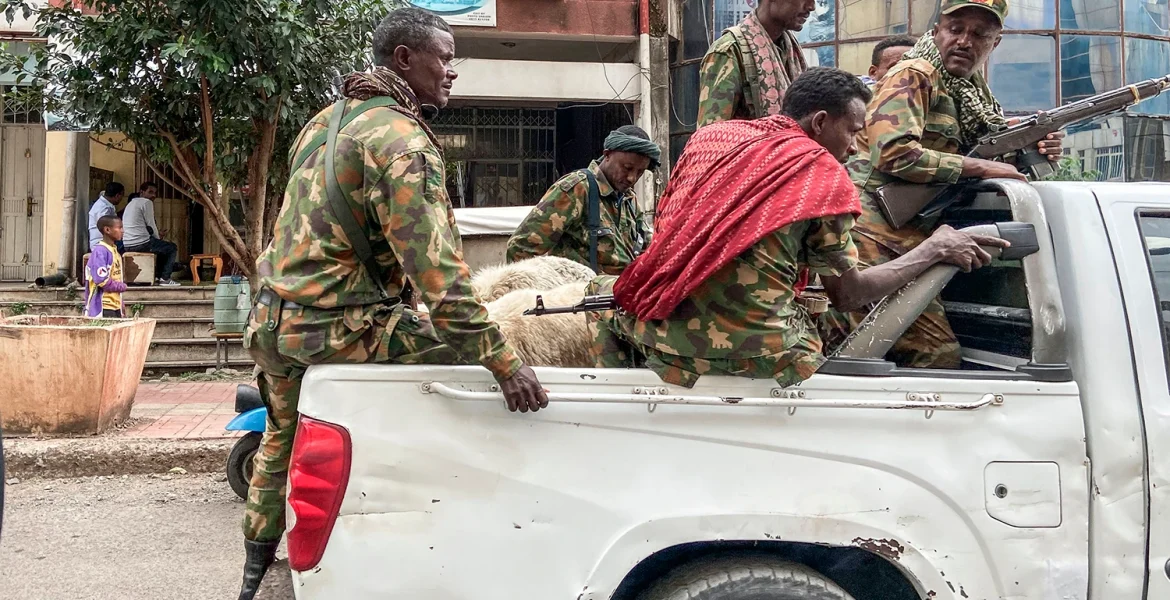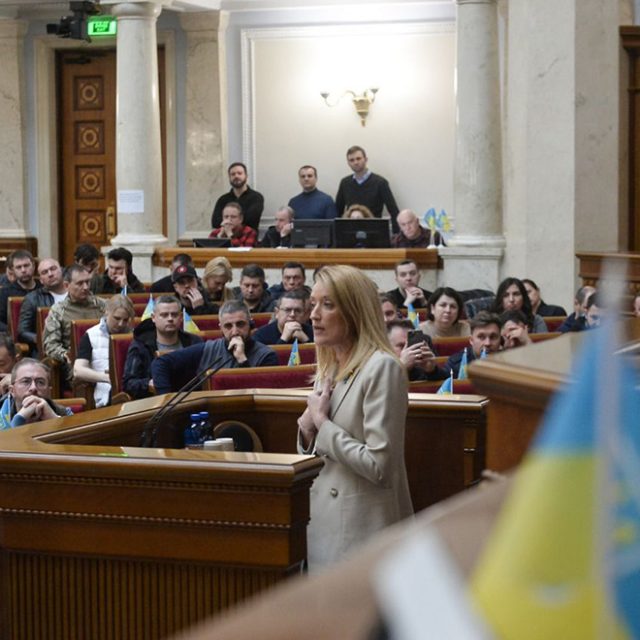Accusations have been levelled against the former chairman of the Sovereignty Council of Sudan, General Abdel Fattah Al-Burhan. In a video published on social media last week, Sudanese army personnel are filmed and shown being ordered to pack boxes of ammunition and weapons, which are reportedly sent to Al-Fashaga for further transfer to Ethiopia. It is alleged that the weapons were sold to the highest bidders in Ethiopia, and not necessarily to the Ethiopian National Defence Force.
It would appear that Al-Burhan may be seeking personal gain from the military conflict in Ethiopia, and and possibly even from the dispute between Sudan and Ethiopia by selling arms to Ethiopia. It has been alleged that not only is he selling weapons, but is disarming and then disbanding Sudanese army units to feed the trade. But if this is really true, then it is a high risk strategy, as it will debilitate the Sudanese army as a national institution.
Clashes Between Ethiopia and Sudan
The frontier dispute between Sudan and Ethiopia dates back more than a century and has its roots in the colonial-era agreements which demarcated the border between the two countries. The main dispute concerns a portion of land known as Al-Fashaga, which both countries have claimed as their own. Ethiopia and Sudan did reach an agreement over the area in 2008, but since that time both ruling parties have fallen, and with them the agreement.
The clashes between Sudan and Ethiopia first began on 15 December 2020 when Amhara militants (Amhara is an ethnic group indigenous to Ethiopia, which inhabits the Amhara region) allegedly backed by the Ethiopian government ambushed several Sudanese military officers, killing 4 of them. But Ethiopia has subsequently been preoccupied with its own internal civil war, and Sudan made a strategic land grab recapturing most of the disputed border territory.
Neither Ethiopia nor Sudan has offered much in the way of compromise over the disputed territory. But both countries are in a precarious position. Addis Ababa faces rebellion in the north from the Tigray region, whilst Khartoum is struggling with a serious political crisis due to the unpopular military coup.
Ethiopia’s Tigray conflict
The military conflict in Ethiopia’s Tigray region has spread through the north of the country provoking the displacement of more than two million people from their homes. It is estimated that 46,000 refugees have sought refuge in neighbouring Sudan, crossing the border mainly through the Hamdayet border point in Kassala state.
The origins of the Tigray conflict date back to 2018, when the Ethiopian Prime Minister Abiy Ahmed merged the ethnic and region-based constituent parties of the Ethiopian People’s Revolutionary Democratic Front coalition and several opposition parties into his new Prosperity Party. However, the Tigray People’s Liberation Front (TPLF) refused to join the new party. In 2020, tensions between the federal government and Tigray escalated, and in November 2020 the Tigray rebels attempted a pre-emptive strike against government forces to seize military weapons and restore by force of arms the position of power it had lost in the popular uprising of 2018. When this gambit failed, Prime Minister Abiy Ahmed ordered a general military offensive against the TPLF. Their forces were later designated as a terrorist organisation, and so far neither side is ready to negotiate a peaceful resolution to the conflict. The fighting still continues, and journalists are banned from the area making it difficult to establish the true situation, but what is clear is that territories are still changing hands, as battlefield fortunes swing first one way, then the other.
Does Al-Burhan play a double game?
Al-Burhan’s latest actions would appear to suggest that his personal interests outweigh the interests of Sudan as a State, and the cause of peace in this troubled region of Africa. If he believes that he will not stay in power in Sudan for long, then his strategy might very well be to focus on personal gain and the enrichment of his own wealth. Would he really close his eyes to the buyer of the weapons he trades in? If there is to be any hope for peaceful dialogue between the Tigray Rebels and the Ethiopian Government then both sides must commit to respecting the need for a negotiated solution through a democratic process, and not by force of arms. By selling arms to either of the protagonists, Al-Burhan would be guilty of prolonging the military conflict and merely adding fuel to the fire.
On Sunday, 12th December, Ethiopia accused Sudan of supporting, harbouring and training elements of the Tigray Front, which is fighting the Ethiopian government forces and has been designated by Ethiopia as a terrorist organisation. The Sudanese Ministry of Foreign Affairs has denied these accusations. But there is nevertheless a suspicion that the weapons that Al-Burhan sells to Ethiopia are actually being sold to the Tigray rebels.
If this is indeed true, then Al-Burhan might very well be on this way of becoming a wealthy warlord, trading weapons to either the Ethiopian National Defence Force or the Tigray rebels, or perhaps even both. But then he would clearly have no conscience or concern about who may get hurt in the process; it would simply be a vile business strategy to stoke the conflict and keep it burning for his own personal profit. The magazine “Foreign Policy” even suggests that Sudan might be influential in deciding the outcome of the crisis in Ethiopia. Could that be part of the General Al-Burhan’s game-plan, to position himself as the “kingmaker”?




